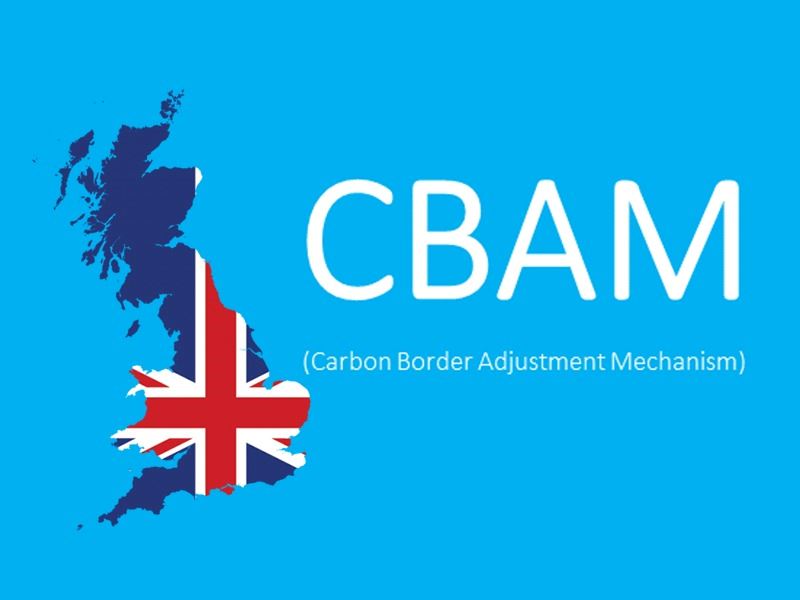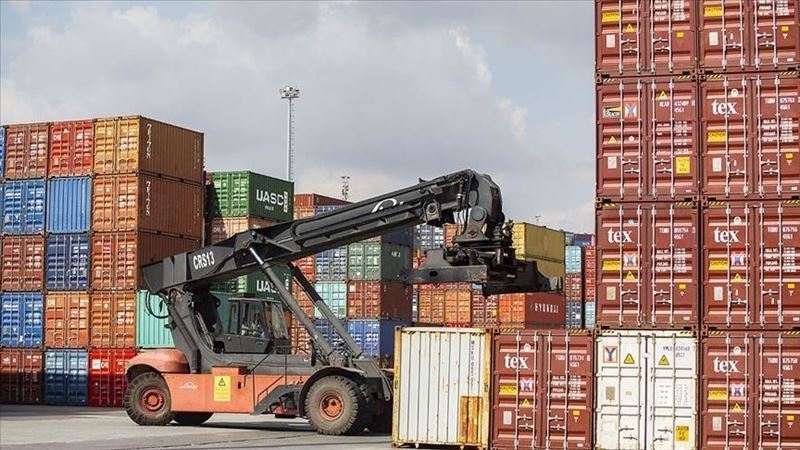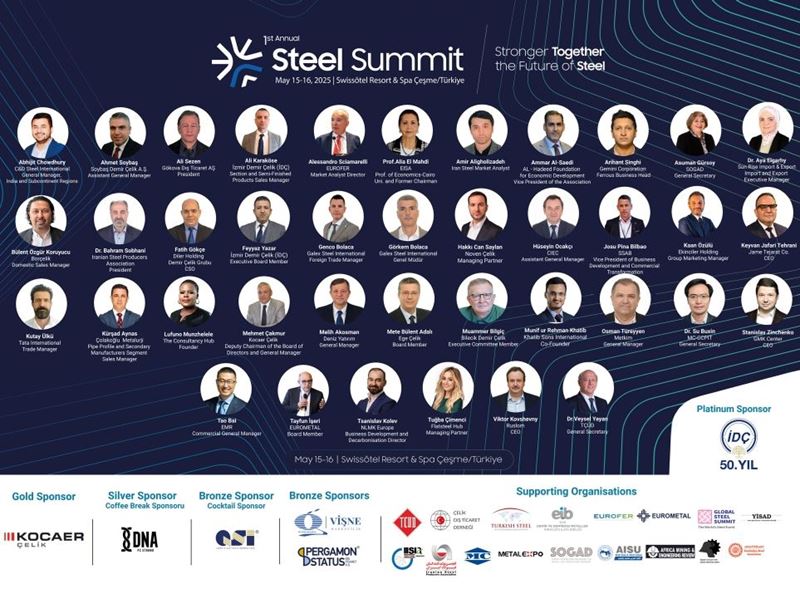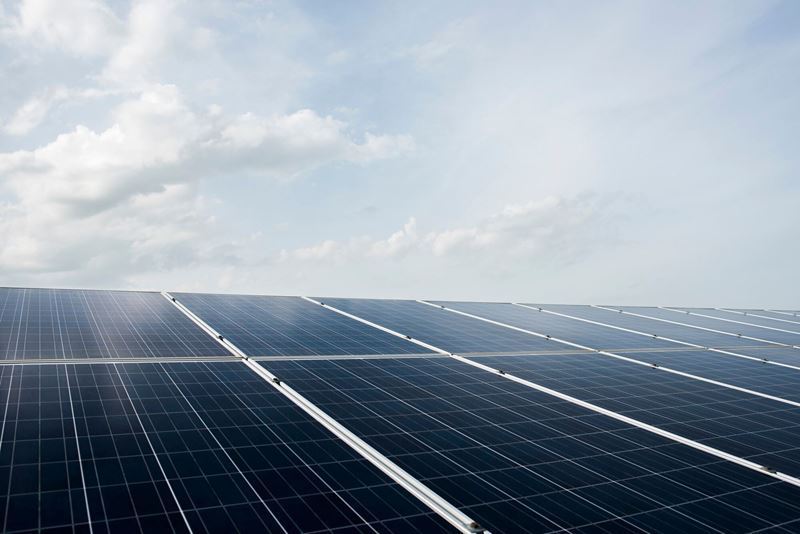The United Kingdom's implementation of the Carbon Border Adjustment Mechanism (CBAM), officially confirmed on October 30th and set to launch in January 2027, marks a significant step in its climate change strategy. This mechanism will levy a carbon tax on imports of carbon-intensive products such as aluminum, cement, fertilizers, hydrogen, iron, and steel, aiming to incentivize domestic producers to adopt cleaner technologies and remain competitive globally.
The application of the CBAM will be confined to specific imported products designated as "CBAM goods," identifiable through established commodity codes. Following extensive consultations, it has been recommended that imported scrap materials defined by these commodity codes be exempt from the CBAM framework.
The deferral of the CBAM’s commencement date to January 2027 is strategically intended to provide businesses with adequate preparation time while simultaneously addressing the imperative of mitigating carbon leakage in alignment with the nation's decarbonization goals.
Furthermore, in a proactive effort to counteract the risk of carbon leakage, the UK will implement a 45% reduction in free emissions allowances under the Emissions Trading Scheme (ETS) during the period from 2023 to 2027. This measure is designed to reinforce the achievement of national climate targets by constraining both the overall supply of allowances and the volume allocated to the industrial sector.
The UK ETS authority will issue its final determination regarding the emissions reduction regulations following a comprehensive review of the consultations received.











Comments
No comment yet.